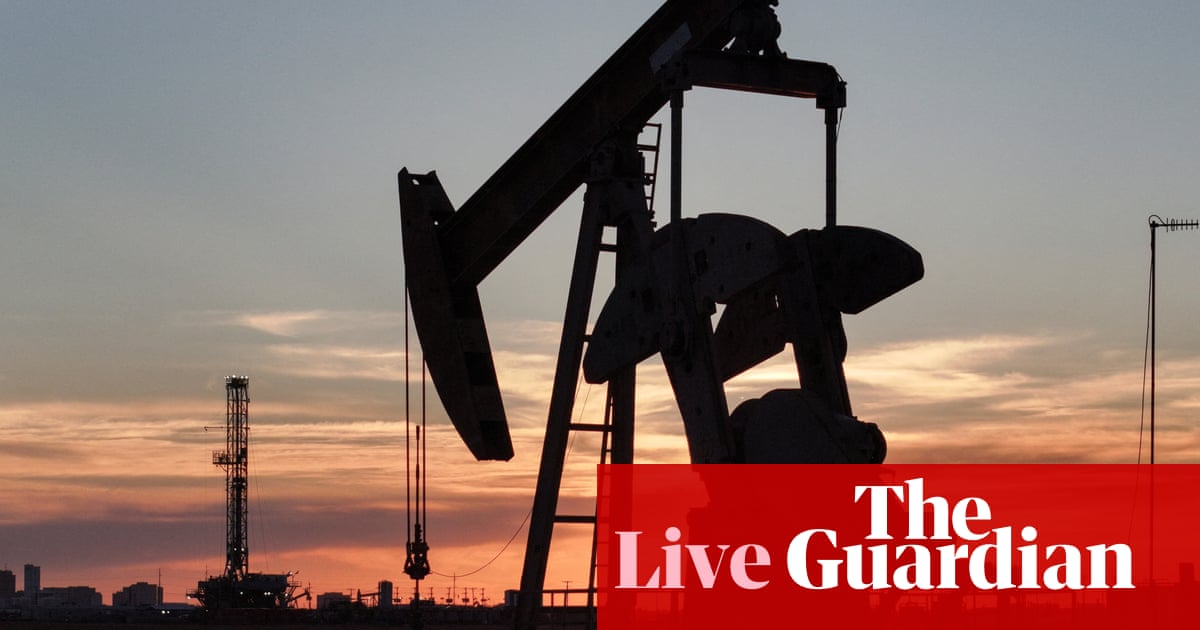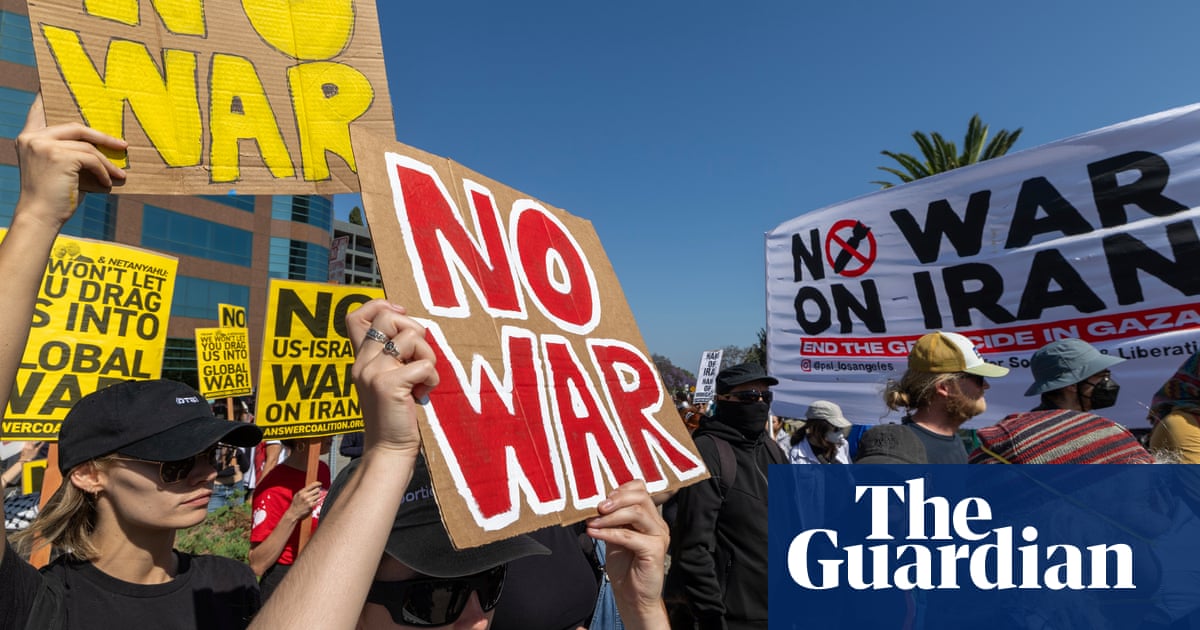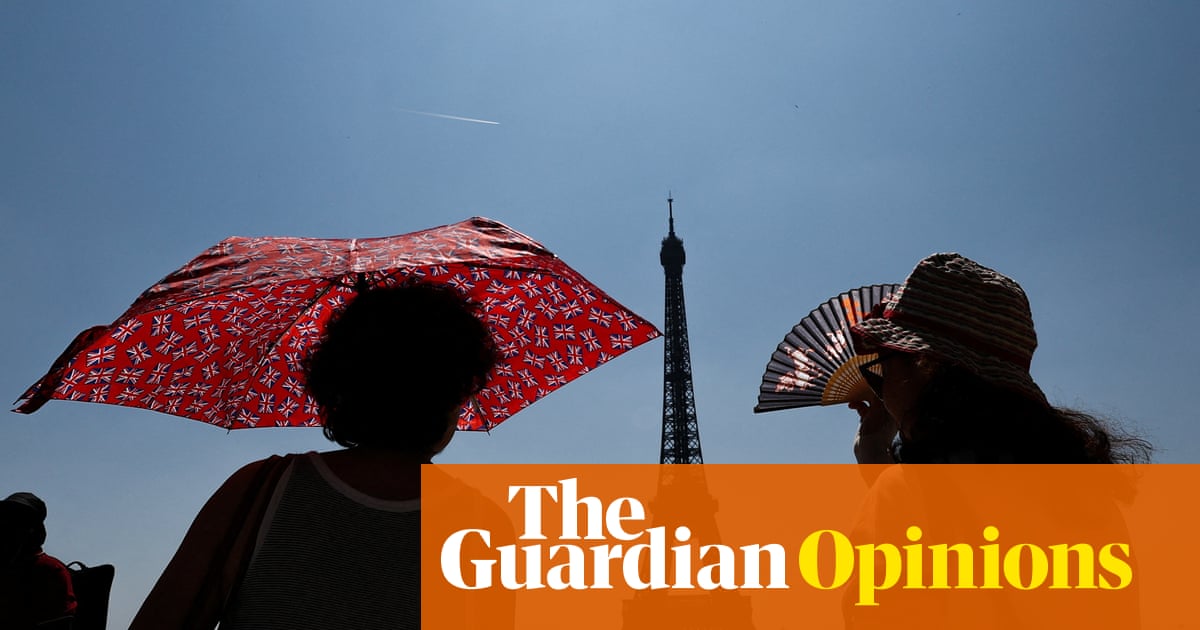President Donald Trump’s unprecedented decision to bomb three Iranian nuclear sites has deepened fears of a widening conflict in the Middle East.
Joining Israel in the biggest western military action against the Islamic Republic since its 1979 revolution, the world is now bracing for Iran’s response.
One way Iran could retaliate, analysts say, is to close off the strait of Hormuz, a vital trade route, through which over a fifth of the world’s oil supply, 20m barrels, and much of its liquified gas, passes each day.
Iran has in the past threatened to close the strait, which would restrict trade and impact global oil prices, but has never followed through on the threat.
What is the strait of Hormuz?
Among the world’s most important oil chokepoints, the strait of Hormuz is geo-strategically important to the United States and beyond, as the strength of the global economy is heavily dependent on the flow of oil.
The strait lies between Oman and Iran and links the Gulf to the north with the Gulf of Oman to the south and the Arabian Sea beyond.
It is 33km wide at its narrowest point, with the shipping lane just 3km wide.
Why is it so important?
About one-fifth of the world’s total oil consumption passes through the strait. Between the start of 2022 and last month, approximately 17.8 million to 20.8m barrels of crude, condensate, and fuels flowed through the strait daily, according to data from analytics firm Vortexa.
Members of the Organization of the Petroleum Exporting Countries (OPEC) – Saudi Arabia, Iran, the United Arab Emirates, Kuwait and Iraq – export most of their crude via the strait, mainly to Asia.
The US Fifth Fleet, based in Bahrain, is tasked with protecting commercial shipping in the area.
What would happen if it was closed?
Closing the strait has the advantage of being a means to impose a direct cost on Trump, as it would trigger an oil price spike with a near immediate inflationary effect in the US and across the globe.
But it would also be an act of dramatic economic self-harm. Iranian oil uses the same gateway, and shutting Hormuz risks bringing Gulf Arab states, who have been highly critical of the Israeli attack, into the war to safeguard their own interests.
In particular, closing the strait would significantly harm China. The world’s second-largest economy buys almost 90% of Iran’s oil exports, which are subject to international sanctions.
US secretary of state Marco Rubio has called on China to help stop Iran from closing it, telling Fox news: “I encourage the Chinese government in Beijing to call them about that, because they heavily depend on the strait of Hormuz for their oil.”
“If they do that, it will be another terrible mistake,” he added, “It’s economic suicide for them if they do it.”
There are already reports that some supertankers have U-turned in the strategic waterway following the US strikes.
What has Iran said about the strait of Hormuz?
Iran’s Press TV reported at the weekend that the Iranian parliament approved a measure to close the strait of Hormuz, but ultimately the decision will come down to Iran’s top leaders.
On Sunday Iran’s foreign minister, Seyed Abbas Araghchi, hinted at what could be an open-ended retaliation when he said that Trump’s decision to bomb Iran “will have everlasting consequences”.
In his first comments since the US joined Israel’s war on his country, Iran’s supreme leader Ayatollah Ali Khamenei said that Israel has made a “grave mistake” and “must be punished”, but did not make any specific reference to the strait of Hormuz.

 5 hours ago
3
5 hours ago
3

















































